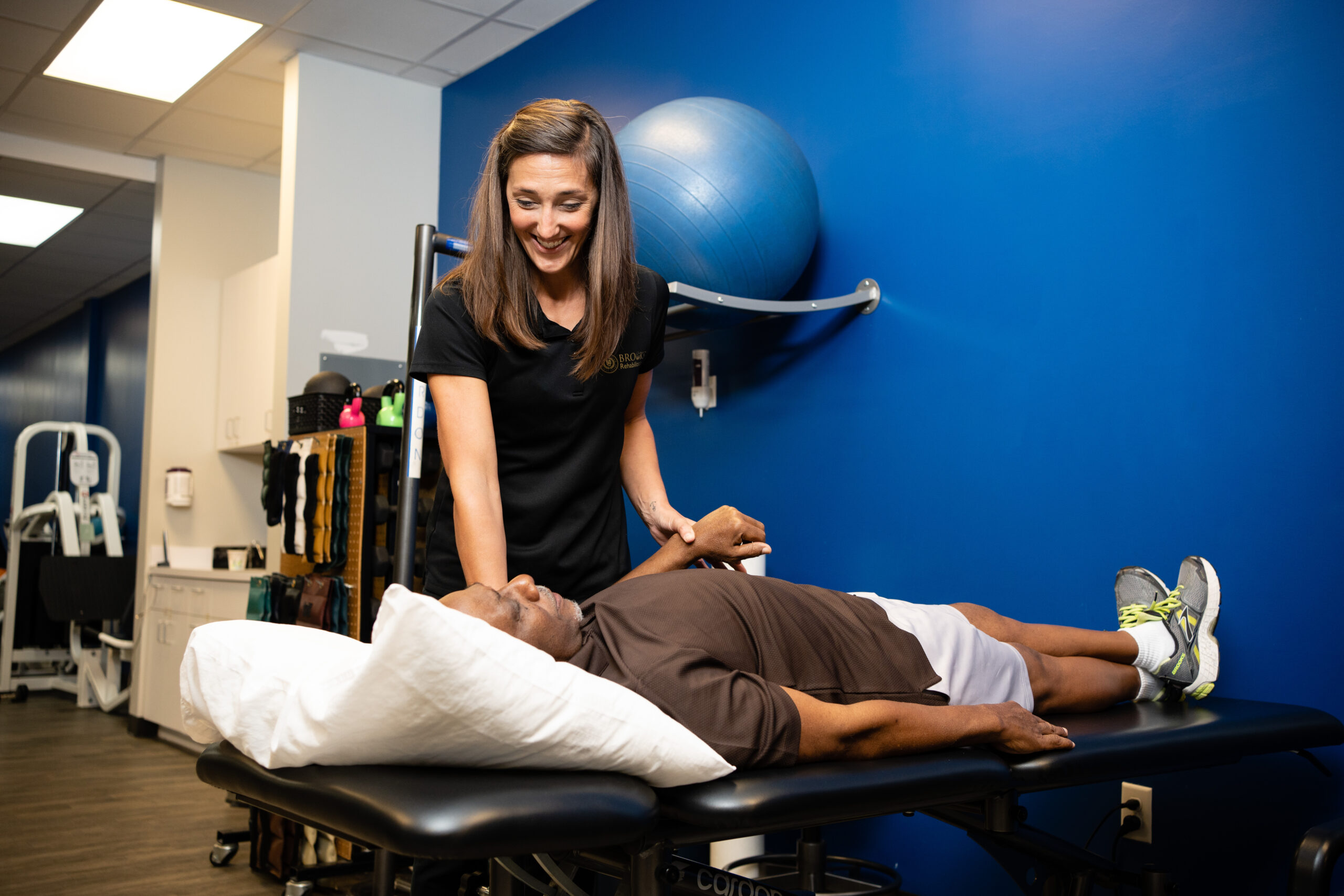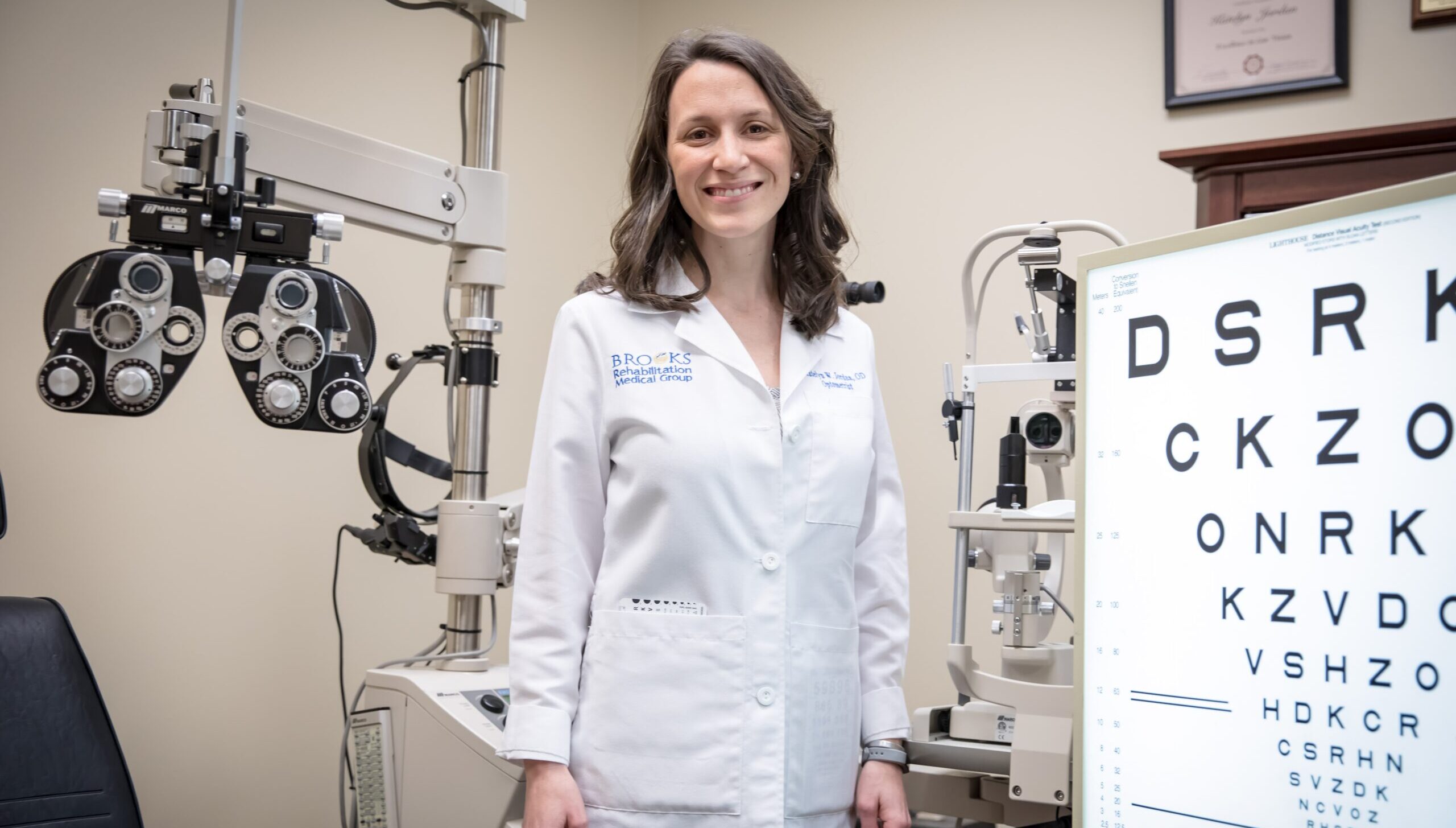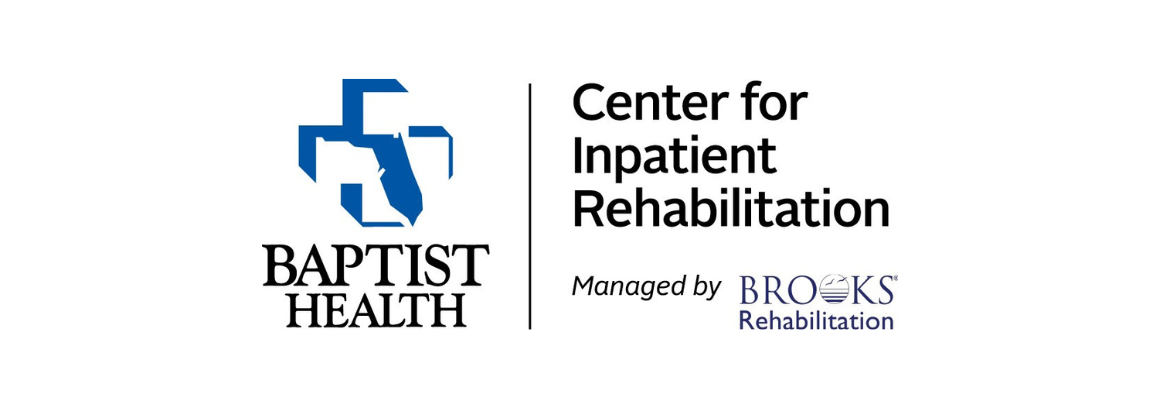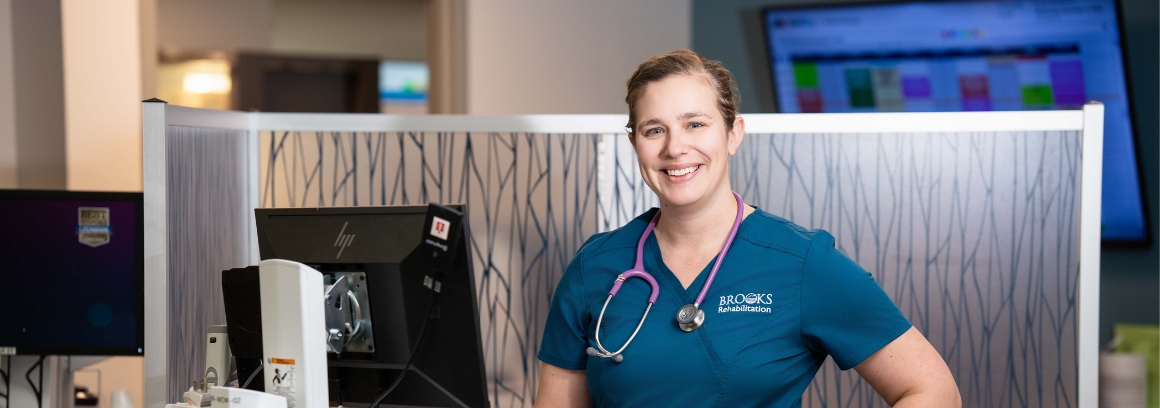What Is a Meniscus Tear?
A meniscus tear is a knee injury affecting the cartilage between the bottom of your thigh bone and the top of the shin bone. This area, called the meniscus, helps cushion and stabilize your knee joint. Physical therapy is often an important part of recovery, whether on its own or after surgery to repair the tear.
What Causes a Meniscus Tear?
A torn meniscus happens for many reasons. Some are related to sports, while others stem from natural changes in your knee’s structure.
Common causes include:
- Aging and natural wear and tear
- Direct impact to the knee
- Forceful twisting or pivoting
- Heavy lifting or squatting
- Poor alignment or structural issues in the knee
- Sudden stops or changes in direction during sports
- Weak thigh or leg muscles
Torn Meniscus Symptoms
A torn meniscus causes a variety of symptoms depending on the severity of the tear.
You may experience:
- Difficulty straightening your knee
- Feeling like your knee is locked or stuck
- Pain, especially when twisting or turning
- Popping sound at the time of injury
- Stiffness or swelling in the knee
Easy Access, Close to Home
With more than 50 physical therapy locations across Florida, Brooks makes it easy to find care close to home. Many clinics offer extended weekday hours, so you can schedule visits before or after work. And you might not need a referral to start treatment, depending on your insurance. Direct access to our physical therapists can help you feel better sooner. Become a patient.
How Is a Torn Meniscus Treated?
At Brooks, highly skilled physical therapists lead recovery from a torn meniscus. Their advanced training helps identify what’s limiting knee function and guides treatments that restore stability.
Physical therapy for a meniscus tear may include:
- Neuromuscular electrical stimulation (NMES): This treatment helps wake up muscles that might not be firing correctly, so you can rebuild strength.
- Exercises: Your therapist helps you move your knee through safe, guided stretches that reduce stiffness and support smoother movement.
- Strength training: You work through targeted exercises, including progressive resistance training, to build strength in your legs and hips, giving your knee the support it needs to stay stable.
Why Choose Brooks for Torn Meniscus Physical Therapy?
Whether you’re an athlete or simply want to move without pain, orthopedic physical therapists offer the focused treatments you need.
Highlights of our program include:
- Motion testing: Some meniscus injuries affect how your whole leg moves. Brooks therapists may use motion analysis to detect subtle imbalances or joint stress as you walk or squat. This helps us address the root of the problem, not just the symptoms. Get more information about our Motion Analysis Center.
- Sports therapy: Physical therapists with advanced training in sports rehabilitation provide targeted care. For some people, treatment may include aquatic therapy or indoor turf training to restore joint stability and control. Your recovery plan is built around the specific movements and demands of your sport. Learn more about sports therapy.
- Meniscus rehab for dancers: Some of our therapists have dance medicine experience and understand how turnout, landings and choreography impact the knees. We use movement-specific assessments and targeted techniques to support healing and prevent compensation patterns that may lead to future injuries.
FAQs About Orthopedic Physical Therapy for a Meniscus Tear
How do I know if I have a torn meniscus or something else?
A torn meniscus often causes pain, swelling or difficulty bending your leg. However, other knee issues, such as arthritis or sprains, can cause similar symptoms. A medical exam and imaging are often necessary to confirm the diagnosis. At Brooks, we work closely with your doctor to help guide the right treatment for your needs.
Do all meniscus tears need surgery?
No, not every meniscus tear needs surgery. Many tears, especially smaller ones or those caused by aging, improve with rest, physical therapy and gentle activity. Brooks physical therapists design a plan just for you, focusing on reducing pain, improving strength and helping your knee move as efficiently as possible.
Can you walk on a torn meniscus?
Some people can walk with a torn meniscus, especially if the tear is small. However, you may notice pain, swelling or stiffness after even mild activity. Also, walking on a torn meniscus for too long without treatment may make the injury worse. Our orthopedic physical therapists help you move safely during recovery and reduce strain to promote healing.
Request Care at Brooks
Find out more about becoming a patient and learn about orthopedic physical therapy for a meniscus tear.Latest News and Health Resources
Education and guidance to support your recovery
Q&A with Katelyn W. Jordan, OD, FAAO, FNAP
Katelyn W. Jordan, OD, FAAO, FNAP, director of Vision Rehabilitation Services, has been with Brooks for 12 years. Dr. Jordan graduated with her doctor of optometry, Magna Cum Laude,...




